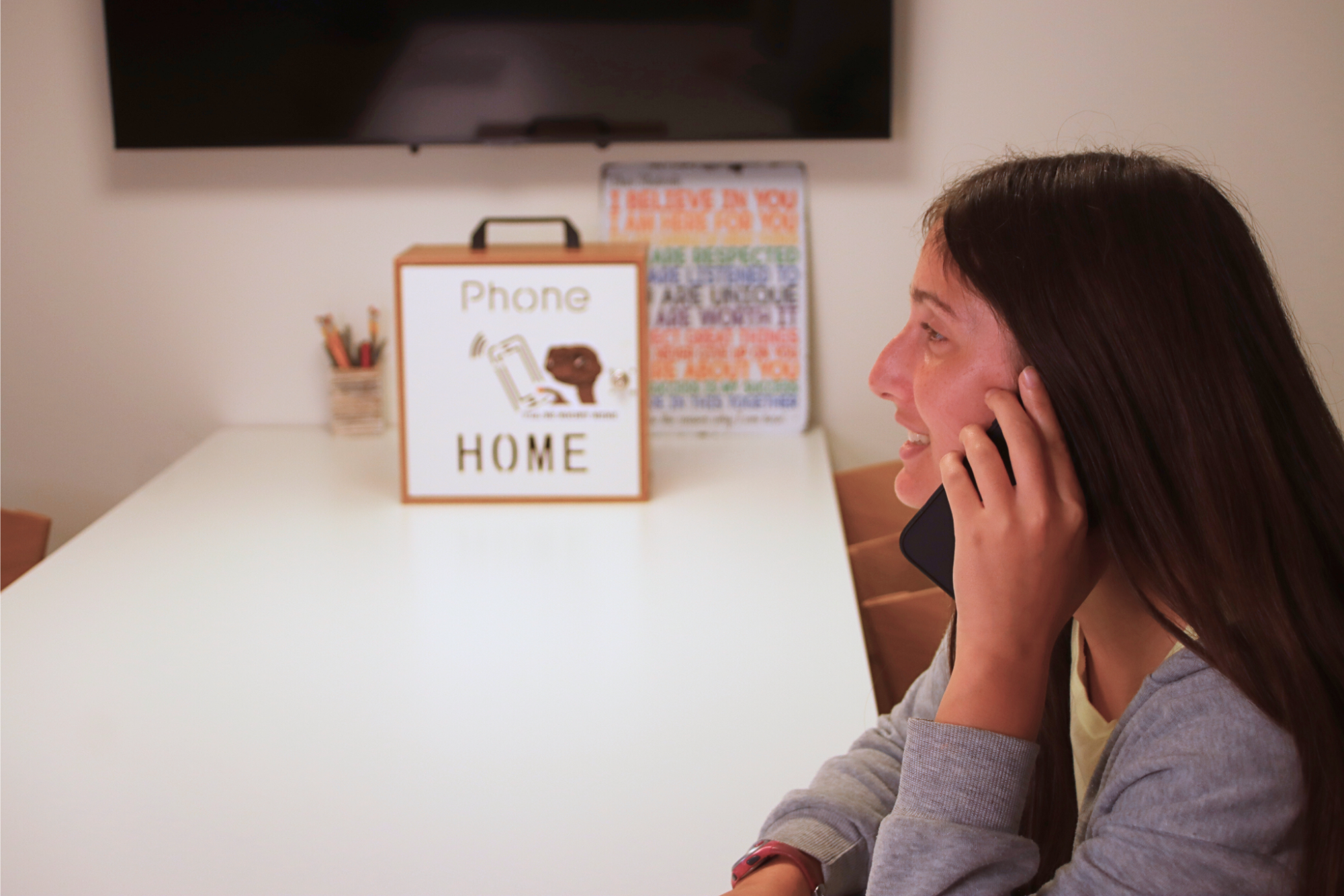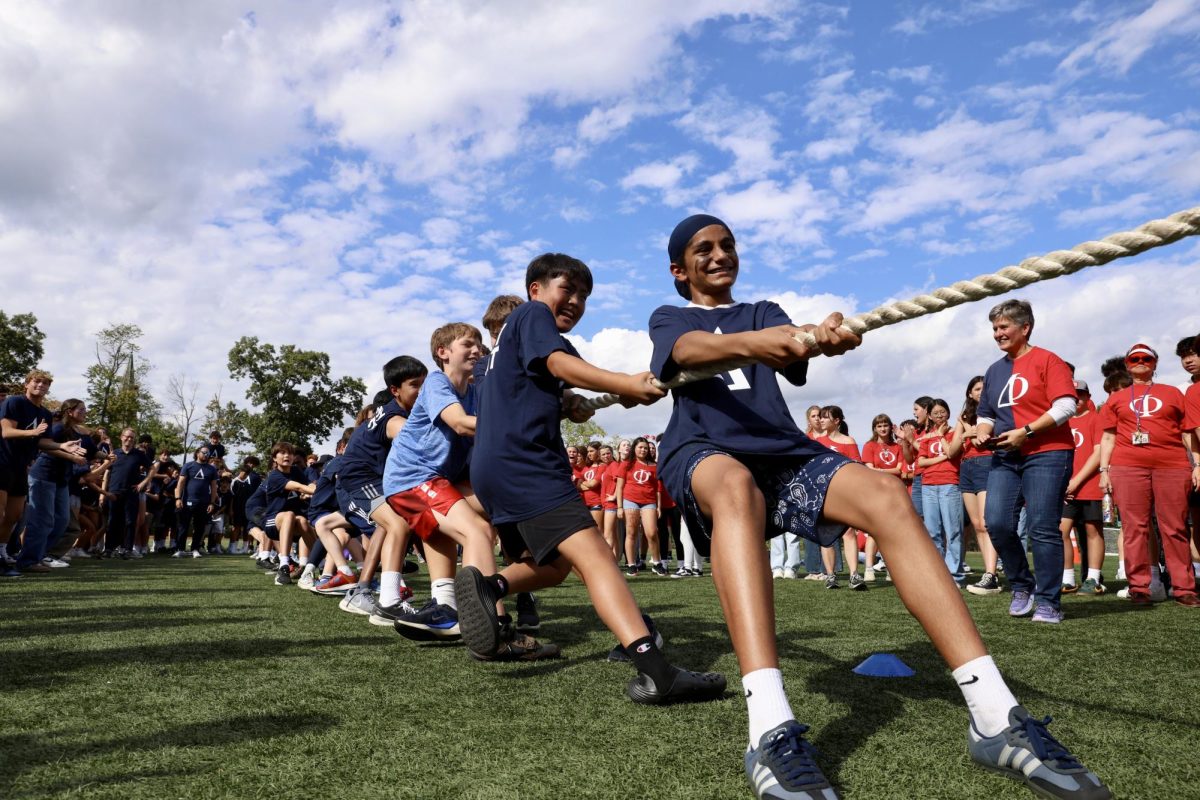Over the summer, a shocking message came from Head of School Laura Danforth: no phones during the academic day. While this rule has some advantages, it comes with significant drawbacks.
Instead, the policy should be changed back to last year’s system: phone pockets for each class. Taking away cell phones for the whole day removes the opportunity for students to learn social-emotional skills while managing apparent distractions. It also prevents students from learning how to balance these distractions that are a clear reality in today’s world.
As a tenth grader, I experienced one year where the only limitation of cell phones was during class, stored in a shared pocket on the wall, and retrievable as soon as class ended. That policy taught me how to find a healthy balance between no-distraction learning and having a cell phone by my side outside of class. As a sophomore and an alumna of the Middle School, I have learned that high school is a time to find those balances and maturity, especially after having no phones for four years during a vital stage of development.
Being present in class is the priority. It is literally written in our mission statement: “We gather to learn.” I believe a more enforced cell phone holder policy would get rid of distractions during class with potential punishments if not followed. This policy will teach students a healthy balance between class and free time.
At Masters, primarily in the Middle School, we are taught to follow the core four values of respect, integrity, compassion and responsibility. If the policy was changed, students would have to showcase their responsibility by managing the use of their phones wisely.
Incorporating the other three core values is a schoolwide effort to include students struggling to make social connections. Our mission statement also emphasizes meaningful connection and inclusion is a key part of that. Teaching inclusion may seem basic, but it is significant in social-emotional learning (SEL). SEL aims to teach students self-management, relationship skills and responsible decision-making, skills which we practice developing best when we are challenged by the presence of a phone. If Masters wants SEL skills to be the norm in our community, the responsibility level in all grades needs to increase with SEL learning implemented in the school. With that responsibility, students should be allowed to have cell phones during the school day to help create that important balance.
Masters students are creative and thoughtful. When it comes to developing innovative solutions for social engagement and SEL, the phone policy will be the least of our worries. However, keeping phones in pockets during class is vital. Education comes first, but another important priority is teaching students how to make mature, balanced decisions in a digital world.







